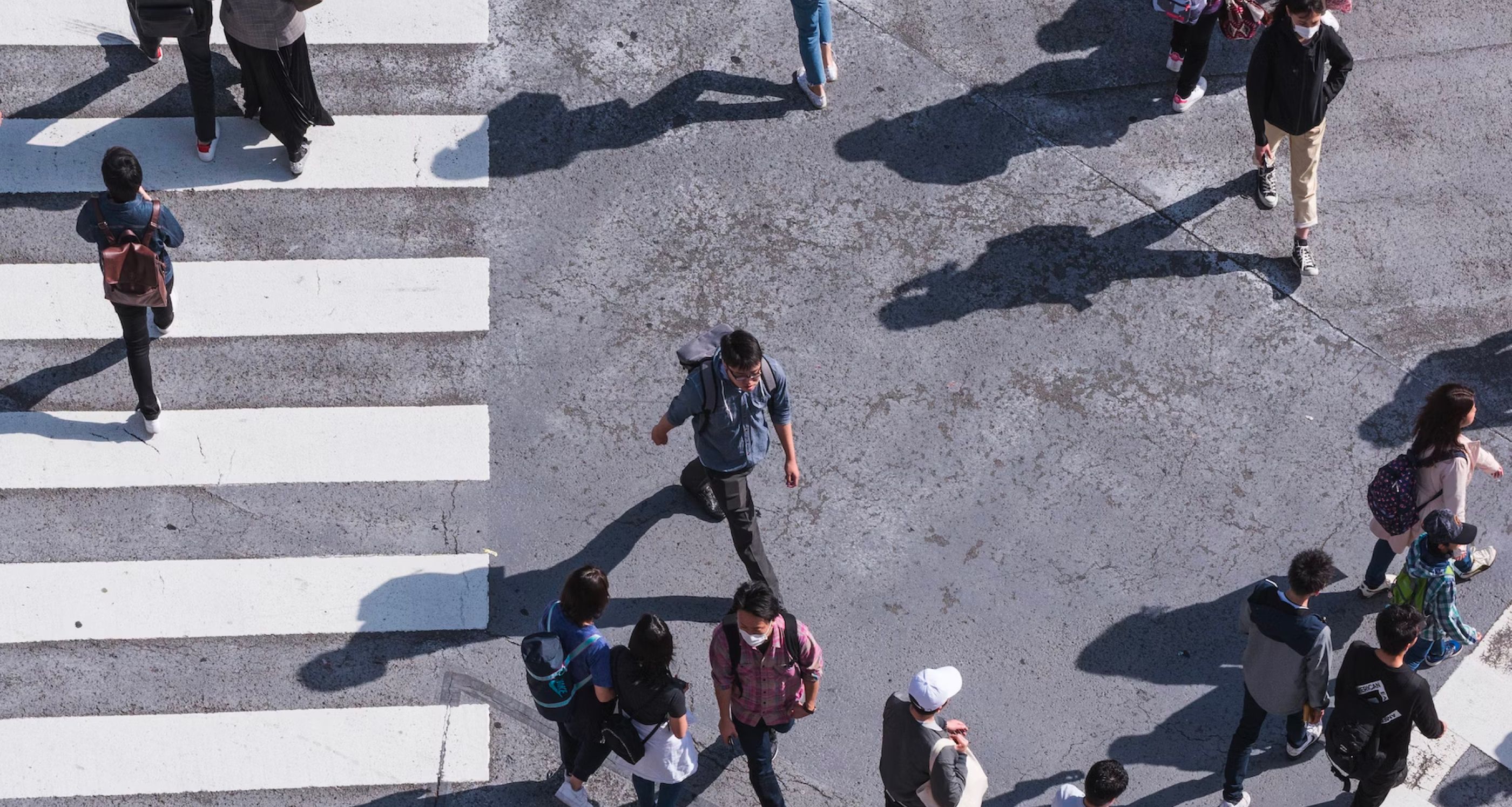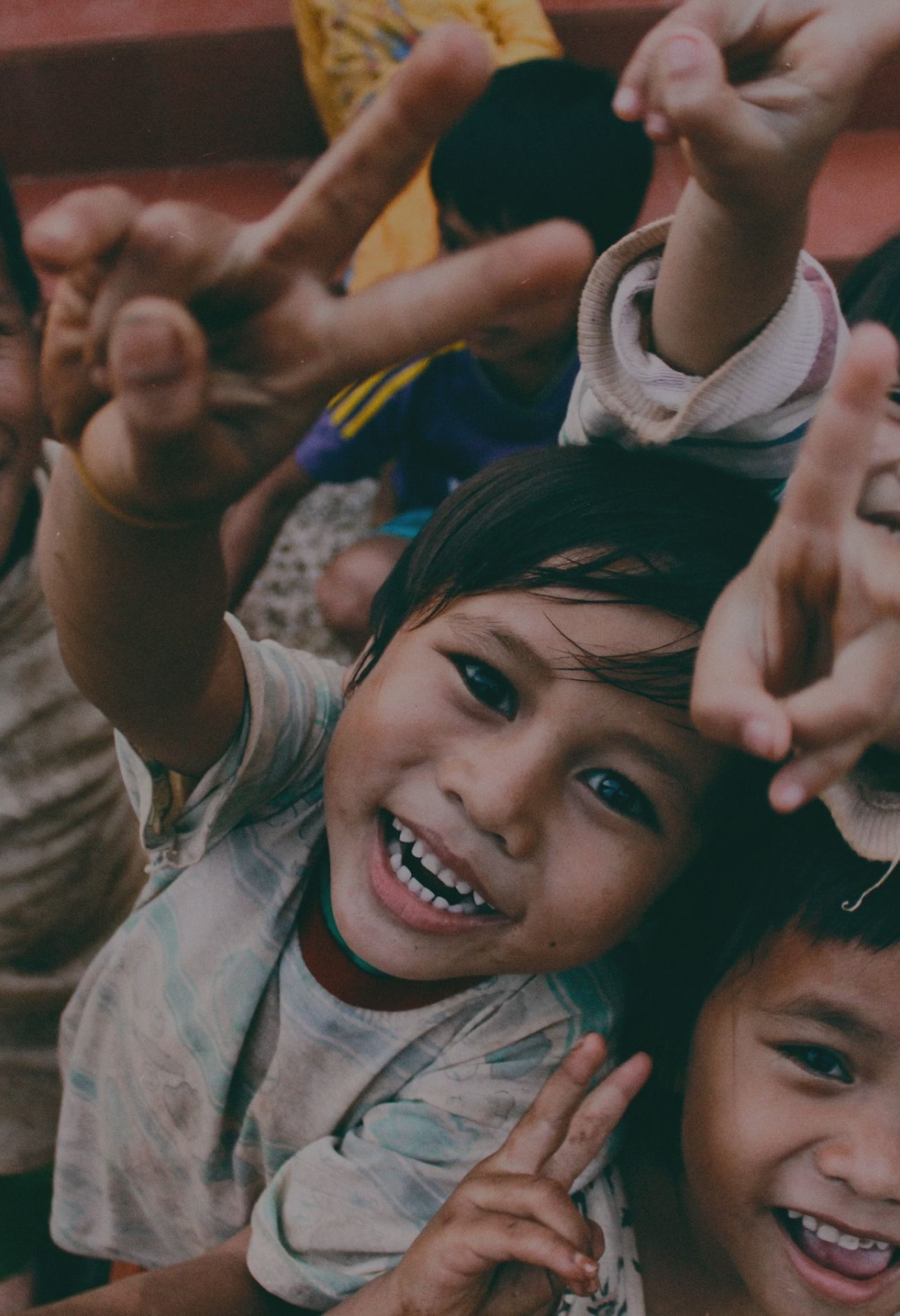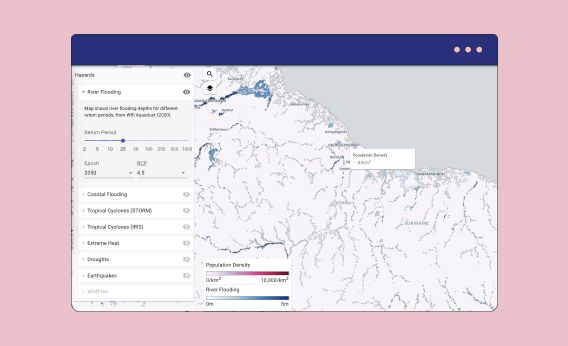People.
Resilient societies are better prepared for extreme events that impact people’s lives and livelihoods.
Resilient societies are better prepared for extreme events that impact people’s lives and livelihoods.
People and social resilience are at the heart of the United Nations' 2030 Agenda for Sustainable Development.
Reducing the impact of disasters and climate change is key in maintaining sustainable development.
Better risk knowledge and a stronger understanding of risk that feeds into risk-informed decisions and investments are vital to achieve the sustainable development goals and improve people’s lives.
Sources:
sdgs.un.org/This pillar of the Resilient Planet Data Hub demonstrates the use of risk analytics to understand risk to:
- The most vulnerable communities
- People who could be put into poverty by disasters and climate change

If we are to achieve the sustainable development goals, it is vital that we act to build resilience through our societies and governance models. Otherwise, poverty and inequality will continue.
The role of resilience for the good of people
Recorded disasters have increased fivefold over the past 50 years and this trend is accelerating.
But climate change has an inequitable impact on people. Countries where many people are already affected by disasters are facing the biggest increase in exposure to disasters.
However, increased exposure doesn't have to mean more lives lost or harmed by climate change.
Improving risk understanding is crucial in assessing and communicating which who is likely to be affected by disasters and how to reduce risk and adapt to future climate conditions.

Imaginary Kuala Lumpur
How resilience can positively impact People.
Reducing economic loss, food insecurity, water stress and loss of livelihoods through pre-arranged crisis finance.
